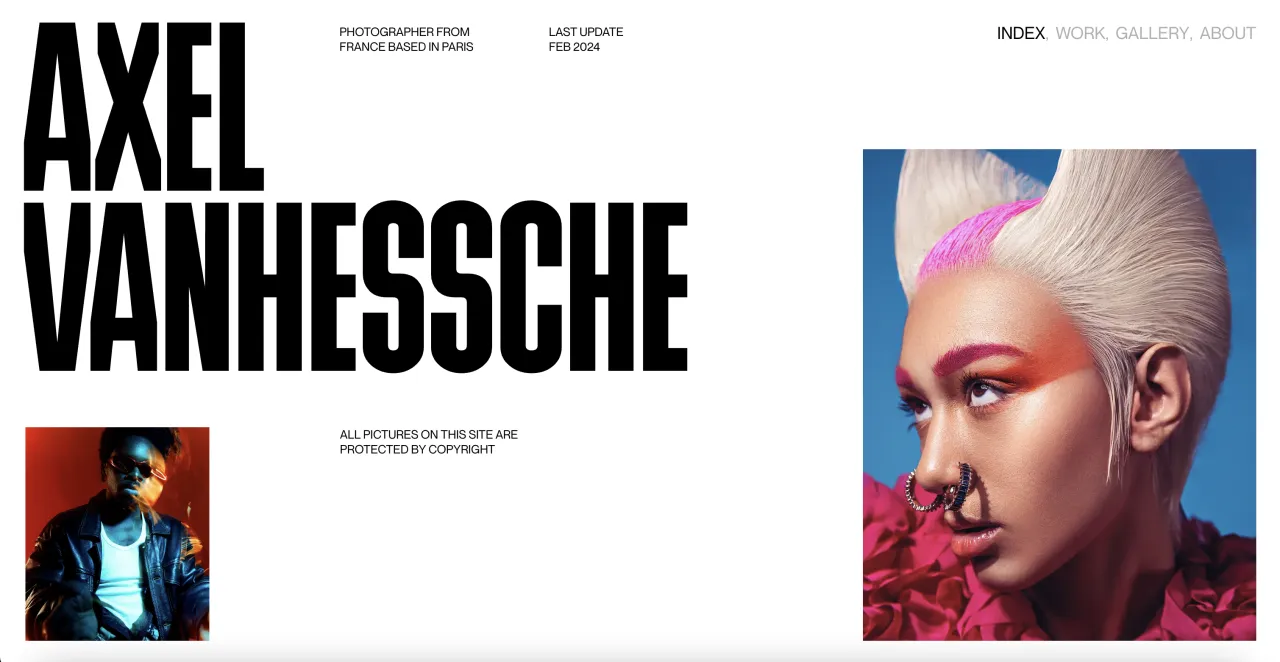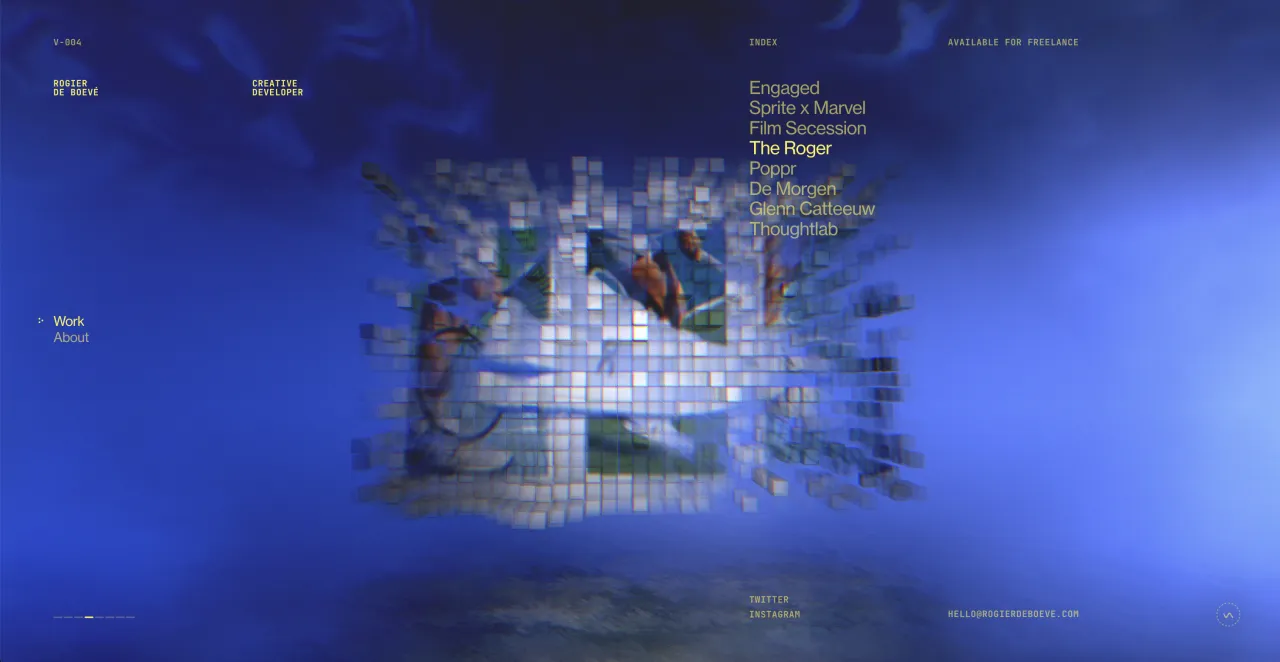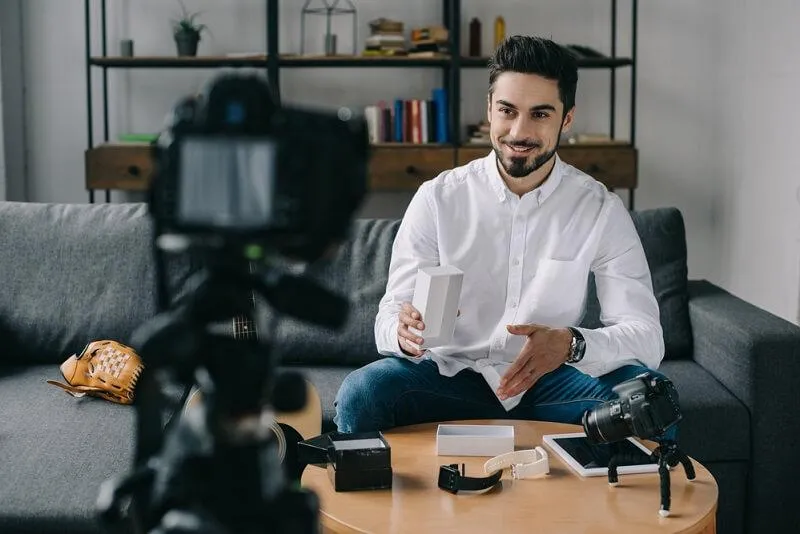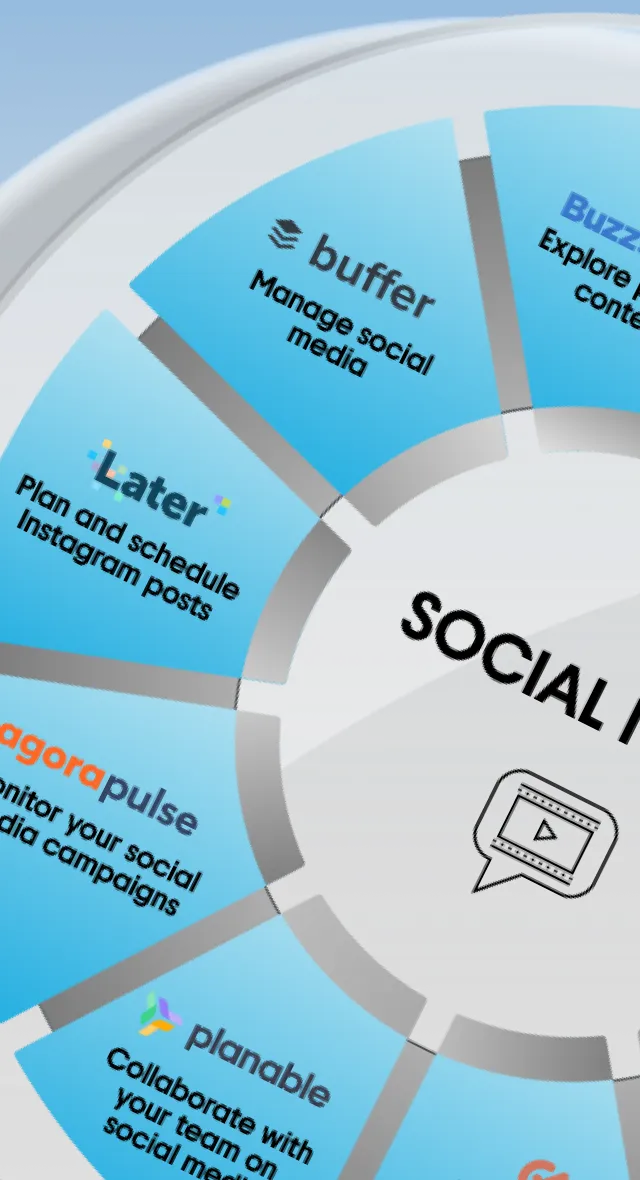Here’s Why People Love Explainer Videos (And How to Capitalize on it!)
It’s a hidden rule amongst online marketing gurus: the branded content that tends to work best among audiences is the one that doesn’t look branded at all! Most people just hate videos that feel like traditional ads and that are only interested in selling.
The current popularity of animated explainer videos (particularly on social media!) shouldn’t come as a surprise then. These short, highly-customized pieces can nurture audiences and offer them something extra that conventional video ads usually don’t.
But not every explainer video hits the spot, especially in terms of engagement!
In this piece, I’m going to guide you through some essential elements you should consider when working on your animated explainer. Creating content that’s all about building a trustful and lasting relationship with your customers by tailoring your message for them.
Ready?

Understand Your Target Audience Before You Start
Not many brands understand that their products have two parallel lives: the ideal use as intended by the manufacturer vs. the real use as experienced by the customers. You may think you have a good grasp on your product or service’s key benefits, but sometimes your clients can teach you a lot more about the real-life uses of your creations.
Nowadays, thanks to chatbots and live chats, social media, and digital surveys, your company has the opportunity to interact and get to know with your existing or potential clients. You can use data like that to get to know the people you’re aiming to help and offer them content suited to their needs.
So, before you begin drafting your script, you need to answer a couple of questions about your target audience. You can start with these three:
1) What is your customer base like? Think about how they spend their free time, what type of content they prefer, where do they shop, what influences their opinions, what do they look for in a product or service.
2) What problems bother your audience? These are the ones your product or service will fix! Point out the specifics pain points your audience is having and how your product helps solve them.
3) What is the aspect of your product or service your audience is more interested in? This is your main selling point and what sets your brand apart from other competitors.
Of course, the answers to these three questions are intertwined, but you have to be as specific as possible! After all, no one knows your customers better than yourself, and your explainer video should reflect that.
Craft Relevant Messages
When it comes to explainer videos, the best production teams in the business all agree on one thing: a good video must show, rather than tell. Explainers use the power of storytelling combined with captivating animation to get their message across. It’s the key to their effectiveness!
So, here are a couple of tips to help you adapt your message into a visual medium:
Polish Your Script
This should be pretty obvious, but you’d be surprised! Your script is going to be your guide throughout the production process of your explainer video. Once you’ve got your first draft out of the way, your next goal should be to further perfect your script. And one of the most common mistakes of a messy script is its structure.
All effective explainer videos follow a three-part structure. First, they begin by setting up a problem, then provide the solution, and finally explain how it works. It sounds pretty simple, but believe me, it will save you a lot of time (and headaches) if you get your script right before starting production.
Get to The Point
People love explainer videos because they are great at tackling complex topics in a simple and direct way. To nail this, explainers come in short and easy-to-watch lengths, usually under 90 seconds.
This means you’d better get to the point, and quick! The most important part of your message should appear in the first half of your piece. Plus, if you need more than 2 minutes to explain your product, then you’re probably not doing it right.
Finish Strong
Explainer videos (and all marketing videos, for that matter) revolve around a call-to-action message. Your video should end with a clear and strong CTA so that your audience knows where to go next. You can explain them step-by-step how to purchase your product or service, or just send them right to your company’s website to find out more about you.
Let’s look at an example that shows these tips done right. This is an explainer video made for Go Status, an app that offers an on-demand fuel delivery service. Within the first seconds, it already explains the problem it solves. And notice how the name of the app appears right at the 15-second-mark, right before explaining its benefits. In the remaining 40 seconds, the video shows exactly how the service works. And lastly, it ends by showing where you can download the app, and the brand’s website to learn more. Nicely done!
Understand the Importance of Quality and Tone in Your Video
We live in a time in which everyone with a smartphone believes they can pull off a professional-looking video. But I’ve seen too much “homemade” content gone wrong to know that there’s a difference between an amateur video and a professional one.
And it’s not just a matter of budget, but rather how you use the money you have. A smart, creative, and experienced team can achieve a lot, even on a tight budget. Your ambition should match the production quality and the team you chose for it.
Spending more doesn’t always equal big results either: it only takes the right budget for the right video. So, your first concern should be to define the tone of your video.
What style fits your brand’s personality best? Are you looking for a serious and clean look, or a warm and close feel? Do you want a social-media ready that seems informal or a high-end designed video? These questions will influence every aspect of your piece.
Customize Your Video to Your Target Audience
Customizing your video means using all you know about your target audience to produce a video that talks to them directly.
One of the simplest ways you can approach this is through characterization. Using characters in your explainer video allows you to both illustrate your message and include an empathetic perspective.
The characters of your piece should be designed according to that audience’s traits. They won’t be the same if you’re targeting a millennial audience or an older generation!
Another way you have to customize your video is by reflecting upon the overall tone of your piece. Think about how your audience talks and try to mimic that tone. If your audience relates to your characters and your narration, it will be easier for them to understand your message.
Compare the tone and characters used in these two examples. The first one is for a tech startup that focuses on improving conference calls for remote workers. The second is for a freight service for automotive manufacturers.
Their tone and characters couldn’t be more different! The first one uses a casual and simpler style with colorful animations, aiming at a young target audience. While the second went with a clean and sober look, and formal speaking tone.
Avoid an Overbearing Branded Look
As I mentioned at the beginning of this article, people love explainer videos because they don’t look or feel like a traditional advertisement. However, we are still talking about branded content that promotes a product or service.
So, how can you brand your video without making it feel that branded?
Well, there are a couple of subtle ways to give your video the look and feel of your brand. Your most important design tool in this task is your brand’s color palette, which you can use to drive attention to specific points and reinforce the identity of your company.
Also, your brand’s name and logo should appear at a critical moment in your video, but don’t shove it into your audience’s face! Incorporate these elements smoothly into your narration.
Parting Thoughts
In this article, we’ve seen how to achieve an explainer video that speaks directly to your audience and increases your brand awareness. And while it might seem like a lot from the outset, once you get things going, it becomes much easier.
By educating, entertaining, and promoting, explainers have become one of the most valuable instruments of every marketer’s toolbox. If done right, of course.
Now it’s up to you to use these tips and tricks in your own video. Good luck!









